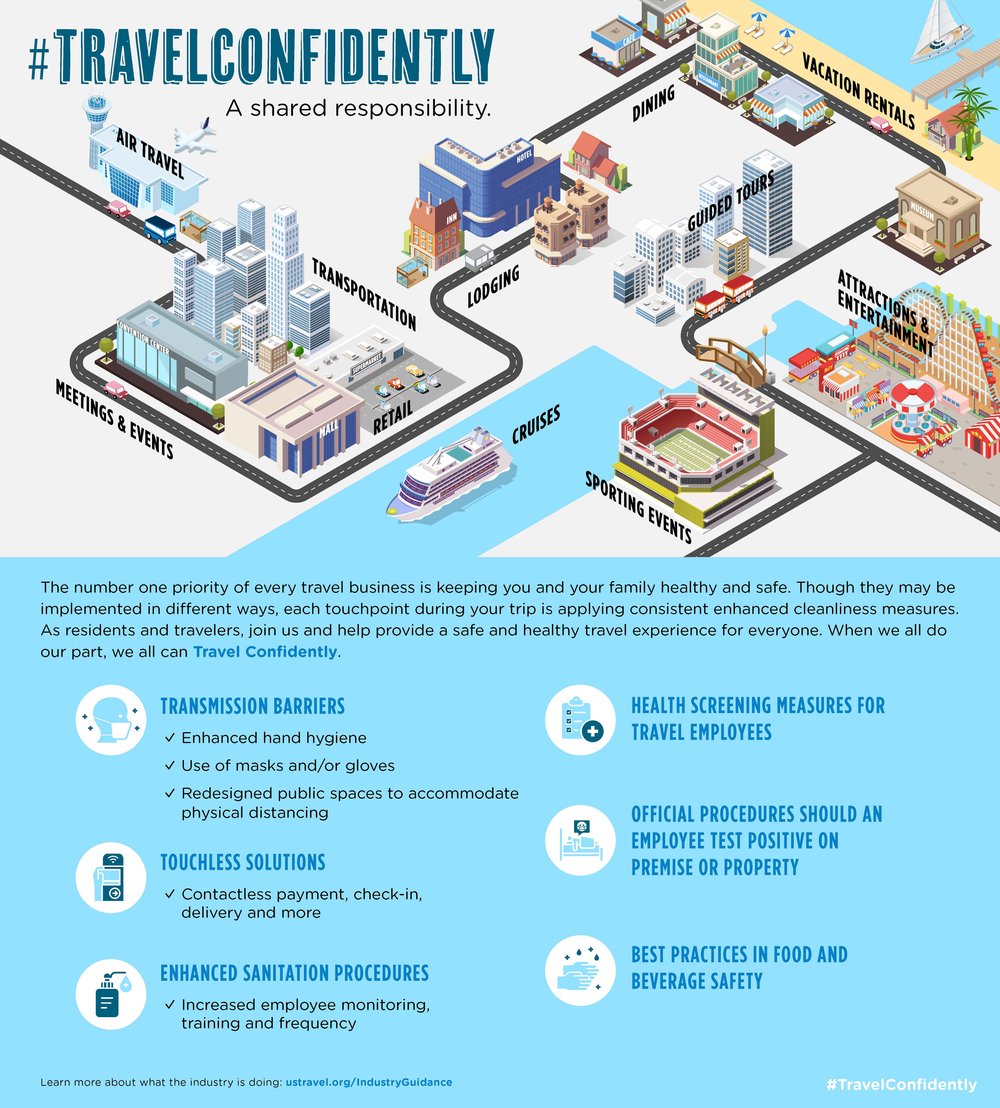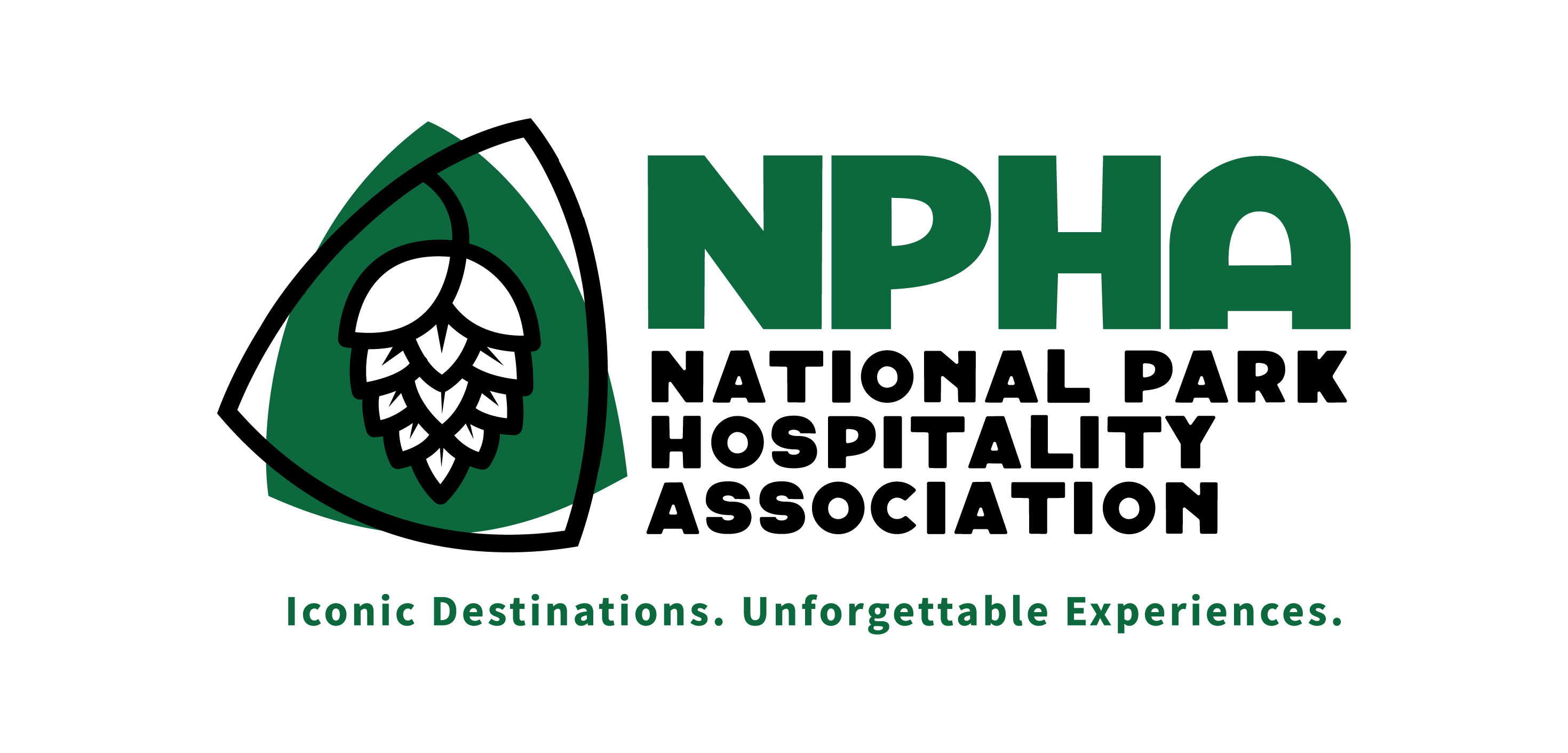Consumer Confidence in Travel is Soaring — Longwoods International
On July 28, The Travel Vertical Podcast, Amir Eylon, President & CEO of Longwoods International will be our guest to talk about ongoing American traveler sentiment—as well as resident sentiment—as we move through the phases of post-pandemic recovery.
On July 28, The Travel Vertical Podcast, Amir Eylon, President & CEO of Longwoods International will be our guest to talk about ongoing American traveler sentiment—as well as resident sentiment—as we move through the phases of post-pandemic recovery.
According to Wave 40, the latest Longwoods International tracking study of American travelers, three quarters now feel safe to travel outside their local communities, the highest levels in more than a year. Despite cautions from public health officials about coronavirus variants, two thirds of travelers support opening their communities to visitors.
“The 2021 leisure travel boom is real. Barring any setbacks battling COVID-19, we expect robust growth for the rest of the year,” Amir indicates.
Expecting Excellent Service
According to the latest Longwoods International tracking study of American travelers, more than 80% expect the travel and tourism industry to provide as good or better service than they did prior to the pandemic. Given the scramble to attract adequate staffing at many tourism-related businesses across the country, this may be a summer of disappointment when it comes to customer service as travel accelerates nationally.
“We urge travelers to be patient this summer, as tourism businesses ramp up after a very tough 2020,” said Amir Eylon. “The industry is well aware of the need to provide excellent service as a key part of the travel experience, but labor shortages in many parts of the U.S. are keeping hotels, restaurants, retail outlets and attractions from being able to fully staff for the peak summer season.”
Vaccination Implications
About half of travelers are keeping an eye on the vaccination rates for potential destinations, saying the rate of vaccinations will have an impact on their destination selection. Conversely. nearly 40% of respondents say the percentage of the population vaccinated in a destination will have no impact on the travel plans.
Funding Matters
Longwoods International explains that as some destinations weigh imposing new taxes to improve their communities or protect their local environments, travelers are evenly split on such tax increases. A third of travelers either support such a tax increase or oppose it. The balance of respondents either had no opinion on the tax question or needed more information to decide on support or opposition on such a tax increase.
The survey, supported by Miles Partnership, was fielded June 23, 2021 using a national sample randomly drawn from a consumer panel of 1,000 adults, ages 18 and over. Quotas were used to match Census targets for age, gender, and region to make the survey representative of the U. S. population.
New Survey Reveals Continued Impacts of COVID-19 on National Park Enjoyment
NPHA’s latest survey of more than 40 concession operations showed an average decline in January-September revenues of nearly 60 percent. New data shows that nearly half of reporting concessioners (19 of 41) continue to report revenue declines of more than 60 percent
NPHA’s latest survey of more than 40 concession operations showed an average decline in January-September revenues of nearly 60 percent. New data shows that nearly half of reporting concessioners (19 of 41) continue to report revenue declines of more than 60 percent. Eight more reported declines of between 50 and 60 percent, and six reported declines of between 40 and 50 percent. No concessioner reported a decline of less than 11 percent.
NPHA Comments on Proposed Modifications to NPS Concessions Program
The National Parks Hospitality Association expressed appreciation for the efforts of the National Park Service to improve park visitor experiences by submitting comments on, and suggested alterations to proposed changes to NPS’ visitor services program.
The National Park Hospitality Association expressed appreciation for the efforts of the National Park Service to improve park visitor experiences through expanded sustainable, high quality and contemporary concessioner-provided visitor services by submitting comments on, and suggested alterations to proposed changes to NPS’ visitor services program. The proposed modifications are the first substantial changes to concessions program regulations in twenty years.
Read NPHA’s full comments and suggested changes here.
Other organizations have voiced their support for the proposed changes. Read comments from:
Improving the Visitor Experience at National Parks Through Contemporary Concessioner Operations
On July 20, 2020, the National Park Service (NPS) published a Proposed Rule in the Federal Register outlining planned modifications in its concessions program to improve visitor experiences.
On July 20, 2020, the National Park Service (NPS) published a Proposed Rule in the Federal Register outlining planned modifications in its concessions program to improve visitor experiences. The modifications are the first substantial changes to concessions program regulations in twenty years.
Global Health Crisis Continues to Impact National Park System Visitor Services
Closures and requisite safety measures to protect public health amid the COVID-19 pandemic have taken a considerable toll on visitor services provided throughout the National Park System and have resulted in severe economic losses for the concessioner partners of the National Park Service (NPS) and concession employees.
Closures and requisite safety measures to protect public health amid the COVID-19 pandemic have taken a considerable toll on visitor services provided throughout the National Park System and have resulted in severe economic losses for the concessioner partners of the National Park Service (NPS) and concession employees.
Concessioners in national parks provide park visitors with food and beverages, transportation, lodging, guide and outfitter services, as well as retail outlets that offer groceries, outdoor equipment, Native American art and more.
A survey of nearly 40 concession operations was recently released by the National Park Hospitality Association. It showed a significant decline in revenues for January through July 2020 from the prior year. The declines averaged nearly 70% and ranged from 17% all the way to 100% for some operations. The overall decline is now projected to be more than $1.1 billion nationally for 2020. The latest survey confirms an earlier survey conducted in April, when concessioners predicted declines in visitor spending of at least 46% if most park units were opened in June and 58% if park unit reopening was delayed until July.
In addition to the significant impact on employees – normally 25,000 people are employed by park concessioners during the peak season – the reduction in visitor spending will reduce concessioner fees paid to the agency by nearly $100 million this year. These payments are based upon a percentage of this spending under agreements between NPS and its partners.
Gateway communities across the nation will also suffer from this decline because most concessioner sales are subject to state and local sales and tourism taxes.
Key park re-openings continue, but some visitor services remain limited throughout the National Park System to comply with federal, state and local health guidelines. Food service in parks has seen major changes, with little indoor dining available. Travel patterns have also changed, with drastic declines in visitors arriving via airlines and greatly diminished group visits, both domestic and international. Seasonality is a major factor in park visitor services, further complicating the economic health of many NPHA members who will see limited income over the 2020-2021 winter season.
NPHA plans a follow-up survey in the fall.
Update on Concessioner Operations in National Parks
Last week, key NPHA member representatives gathered on a ZOOM session led by NPHA Chair Scott Socha and focusing on (1) efforts to gain relief for the economic challenges concessioners face in 2020 from COVIC-19 and (2) Monday’s Federal Register and the publication of eleven changes to current regulations governing the NPS concessions program.
Reports on business levels and expectations largely on track with the April 2020 survey of NPHA members. All concessioners report lowered levels of operations, employment and profitability. The range in decline varies, including total shutdown for Denali mountaineering (zero permits issued for the year) and for major urban operations like Alcatraz and Statue of Liberty. Operations in other units are experiencing to significant declines of up to 90%. All concessioners reported added costs arising from compliance with health codes and staffing challenges. Concessioners are concerned about operations in areas with surging COVID-19 cases, including the potential of a renewed shutdown of park access. Visitation to national parks is similarly varied but overall, significantly down. Typical concessioner operations declines appear to be in the 50% range.
Most concessioners have submitted notifications to NPS that they have experienced “extraordinary, unanticipated changes” to business opportunities described in their contracts. Section 11(d) of most contracts provides for modification of contract terms if NPS agrees with this assessment. We are not aware of any notifications accepted, which will trigger a review and decision process. In some parks, the superintendents have indicated that concessioner notifications have been forwarded higher in the agency for guidance. The contract provision focuses on changes to the franchise fee specifically, and for some NPS officials this loss of revenue is of concern. Contract by contract action on 500 concessions contracts is obviously a major undertaking by concessioners and NPS.
Departmental/agency at the national level is encouraged by NPHA. We recognize factors to consider, incluuding Departmental belief that that the process for amending concessions contracts, like other contracts including oil and gas, should rely on prescribed channels for relief. However, there is a clear precedent. After the 2013 government shutdown, all concessioners were given a deferral of October 2014 franchise fees as an adjustment. NPHA also recognizes that contract extensions may be more attractive more palatable to NPS than reduced franchise fees. NPHA has made clear that franchise fees reductions are certain, mirroring declines in 2020 revenues and will likely continue to be diminished for 2021. NPHA has also pointed out the staffing burden and costs to the agency of in-depth, contract by contract reviews and determinations could be very large and will be delayed, further harming concessioners.
NPHA leadership has pursued the concept of developing a decision tool for addressing appropriate relief on a park or concessions-contract basis. This would parallel the precedent of agency support to superintendents on park closing and reopening decisions. The tool could provide guidance in determining whether significant adverse impact had occurred and then offer two options: a default involving a two year contract extension or an in-depth evaluation that might result in one or more actions including contract extension/franchise fee waiver or reduction/revised pricing/LSI buyout/ changes in allowed services.
Concessioners have been told informally that the department/agency’s preference is to wait until season/year end to know for certain what the level of impact had been to concessioners for the year and for the overall contract period. NPHA believes that a delayed response runs counter to national policy, which has been to act quickly to stem job losses and business shutdowns and ignores the clear pattern of delays and inaction associated with federal transition periods following Presidential elections.
More Information:
Interior Announces Plans to Improve Visitor Services through Concessioners via Important Regulatory Reform
The U.S. Department of the Interior announced plans July 16 to improve visitor experiences in national parks through improved and responsive services provided by concessioners.
Interior announces plans to improve visitor services through concessioners via important regulatory reform
The U.S. Department of the Interior announced plans July 16 to improve visitor experiences in national parks through improved and responsive services provided by concessioners.
Key Information on Trends Shaping National Park Visitation – June 22, 2020
Key trends shaping national park visitation
U.S. Travel Association Weekly Travel Spending
Travel spending rose for the seventh consecutive week in the week ending June 13th, again marking its highest level since March. This expansion has seen travel spending approximately quadruple from its bottom in late April but remains severely depressed at less than half of 2019 spending levels.
Executive Order Limiting Temporary Work Visas
President Donald Trump is expected to sign an executive order on Monday that would suspend temporary visas for foreign workers until the end of 2020, angering advocates who say he is targeting immigrants for domestic political reasons. (USA Today)
Industry Guidance for Promoting the Health and Safety of All Travelers
The travel industry has come together, working with health and medical experts, to reach collective agreement on a core set of health and safety guidance that the industry may adapt to their businesses.
#TravelConfidently Infographic

President Declares June 2020 Great Outdoors Month, Invites All Americans to Visit Parks and Other Outdoors Places
Continuing a bipartisan tradition established by President George W. Bush, President Donald Trump proclaimed June 2020 as Great Outdoors Month. He highlighted the wonderful legacy of our public lands and waters and urged all Americans to enjoy these special places responsibly, continuing a long tradition of caring for the Great Outdoors
Continuing a bipartisan tradition established by President George W. Bush, President Donald Trump proclaimed June 2020 as Great Outdoors Month. He highlighted the wonderful legacy of our public lands and waters and urged all Americans to enjoy these special places responsibly, continuing a long tradition of caring for the Great Outdoors.

